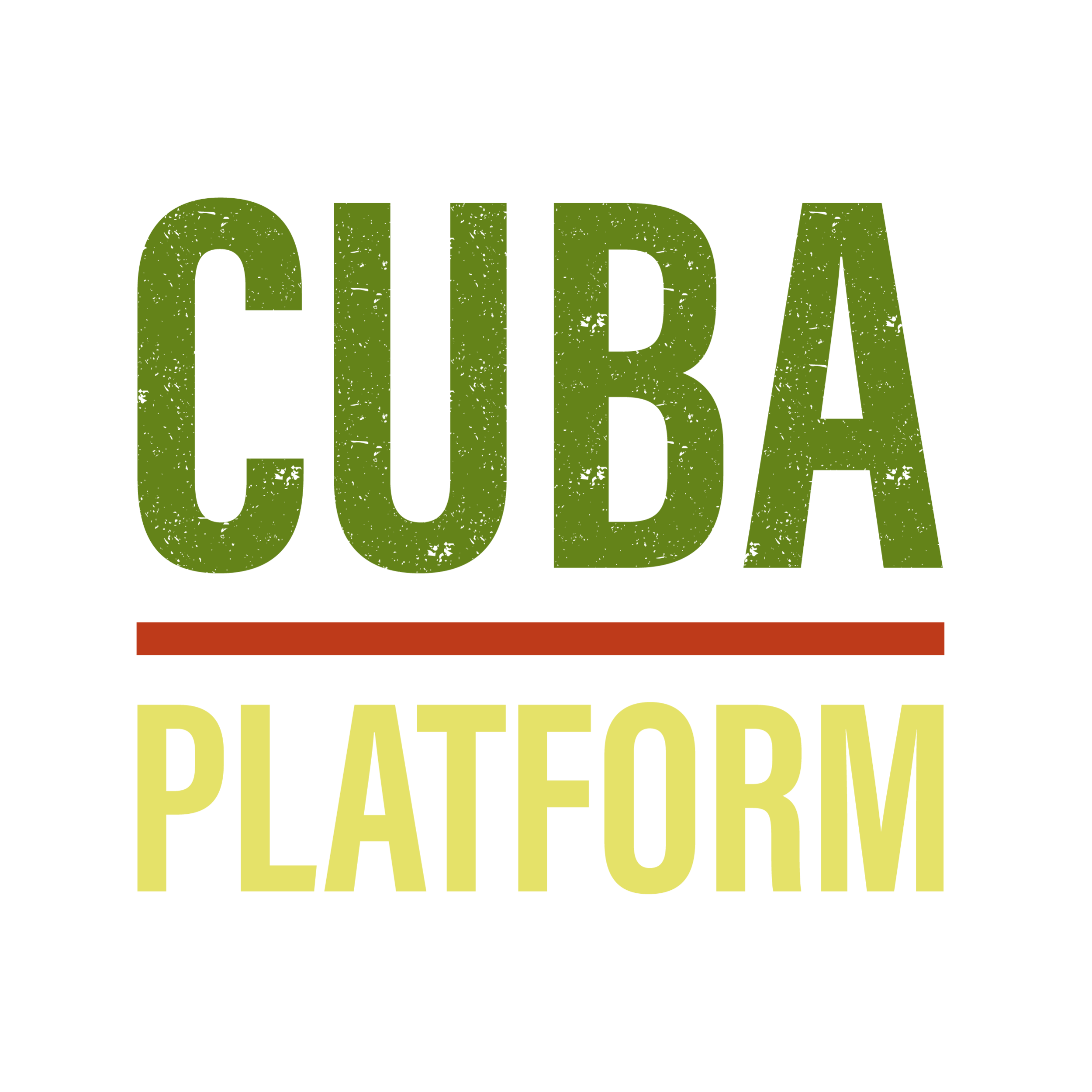The Cuban Permaculture Movement and Covid-19
By Cary Cruz, Coordinator for the Program for Sustainable Local Communities, Antonio Nuñez Jiménez Foundation, May 2020 (Translation from Spanish by the Cuba Platform)
Over the past 60 years, Cubans have learned to live under a state of siege, and to survive great economic setbacks.
Almost thirty years ago, facing the collapse of the Soviet Union and the sustained blockade imposed by the United States, we experienced a 35 percent drop in Gross Domestic Product (GDP), along with extreme food shortages and fuel scarcity. Those were tough years. However, they also represented an opportunity to learn, and to promote personal, community and institutional transformations.
One of those opportunities was the notion of Permaculture, which Dr. Antonio Nuñez Jiménez had the vision to welcome as a line of work for the foundation that bears his name. From this beginning – a time when the production of healthy food in small spaces was prioritized – has emerged a Cuban Permaculture Movement that now brings together hundreds of trained people, putting permaculture into practice and spreading knowledge in numerous local communities throughout the Eastern, Central and Western regions of the country.
Producing healthy and diverse food for the family and the community remains a priority of both urban and rural permaculture systems, along with decreasing reliance on non-renewable energy, ecological water management, use of local resources, solidarity, equity, inclusion and many other aspects that offer us new relationship between human beings and nature. Nature urges us to contribute to recuperation.
With these strengths, the Cuban Permaculture Movement arrived in 2020; a moment in which the intensification of the US government’s blockade against Cuba has caused a great decrease in food availability, and climate change is leading to longer droughts and more intense hurricane seasons.
The COVID-19 crisis will further impact the country’s economy, reducing even more greatly the possibilities for importing food for the population; a population that is aging and vulnerable. The United Nations Economic Commission for Latin America and the Caribbean (ECLAC) predicts a drop of 3.7 percent in Cuba’s GDP. This is a very strong contraction for an economy that has already been through years of strain. As opposed to previous times of economic crisis, this one occurs within a worldwide economic downturn (the Latin American region is predicted to have a 5.7 percent drop overall). There is no doubt that the challenges associated with recovery will be great.
The role of the Permaculture Movement, now, is to reinforce its strategic objectives: to continue spreading to new families and young people, and to intensely apply the principles of permaculture with an emphasis on contributing to food production. But not at any cost. Rather, by enriching the soil, avoiding agrochemicals and genetically modified organisms, and taking advantage of natural water cycles. This should improve the health of families, the community and the planet; especially considering the current situation.
Other aspects to take into account relate to marketing and prices. It’s important to bring food products closer to consumers, prioritizing the most vulnerable, and achieving an acceptable and fair relationship between the cost of production and the sale price. It’s also important to introduce the idea of an “economia para la vida” (economy for life) that ingrains in the community the perception of risks in situations such as the current crisis, and also the effects of climate change. We need to develop and enrich methods for collaborating between individuals and organizations that are committed to sustainable community development.
We live in a situation in which we are all vulnerable, and the road ahead promises to be long and hard. But we must pave the way for solutions, so that we can also become better people, in societies that are more humane and closer to Nature.
